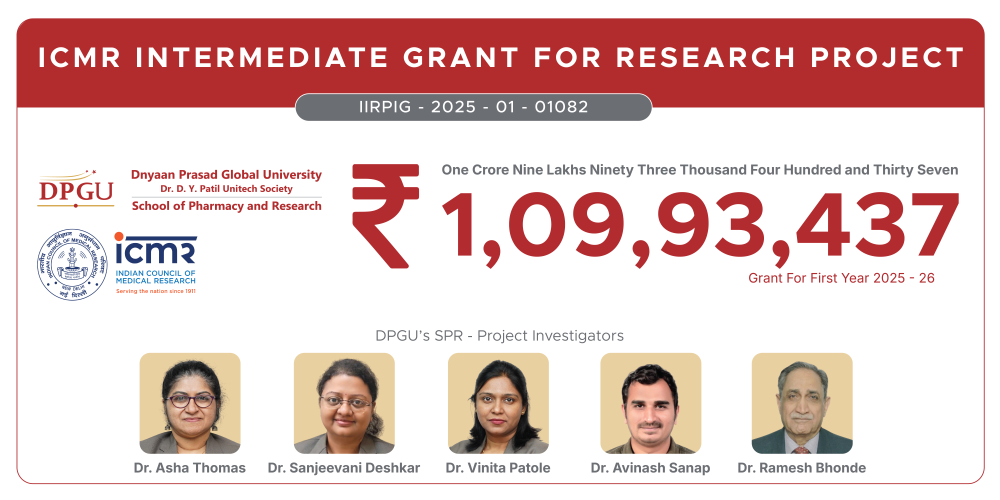Companies must remain vigilant in ensuring quality of hand sanitizers
July 21, 2021 | Wednesday | Views | By Nurisha Wade
Globally, over 200 alcohol-based hand sanitizer quality incidents were reported in 2020, and approximately 40 of those cases were in India
As India recently experienced a second deadly wave of the COVID-19 pandemic, the need for quality health and medical products remains critical. Hand sanitizer is a case in point. Alcohol-based hand sanitizer is a key element in reducing the risk of infection transmission for COVID-19 and other communicable diseases, especially when soap and water are not readily accessible.
However, COVID-19-related supply chain pressures created global shortages that led to new vendors, materials, and production pathways to meet the growing demand for alcohol-based hand sanitizers. These fast-paced changes have come with quality and safety issues. When producing alcohol-based hand sanitizers, there are a multitude of external and internal risks to the quality of a product and its ingredients.
Country of origin and supply chain complexities are two major external risk factors. Others include material value and economic motivation for adulteration. Internal factors can also increase risk, including source of material, amount and type of processing, and complexity of material.
When alcohol-based hand sanitizer is manufactured incorrectly and without quality in mind, it can be harmful. For example, alcohol-based hand sanitizers that are contaminated with methanol can cause brain and ocular toxicity, metabolic acidosis, and stroke[i]. Many of the cases seen in hospitals are from intentional misuse of alcohol-based hand sanitizer, as a cheaper and more accessible alternative to alcohol.[ii] Unfortunately, most people are not aware of the potential for methanol contamination when misusing.
Globally, over 200 alcohol-based hand sanitizer quality incidents were reported in 2020[iii], and approximately 40 of those cases were in India[iv]. In India, the sudden demand for hand sanitizers during the onset of COVID-19 led to anybody who asked for a license receiving one, which led to a lack of quality control. Initially, sub-standard products, some not even containing alcohol, and herbal products hit the market. Prices for hand sanitizers skyrocketed as demand outstripped supply. Eventually, the Essential Commodities Act was invoked and regulatory agencies stepped up enforcement activities and partnered with other stakeholders to promote effective preventive care.
As we’re amid this second wave, we need to remain vigilant and help ensure quality alcohol-based hand sanitizer products reach the hands of India’s residents. Manufacturers need to understand the quality infrastructure and what is required to comply with current good manufacturing practices (CGMP), including quality control and manufacturing processes and laboratory testing of ingredients to specifications.
If quality specifications for alcohol-based hand sanitizer products and its ingredients are not met, contamination or impurities could be introduced. Additionally, quality specifications help ensure the correct potency, so the product is not subpotent or super-potent. For example, it is imperative that identity testing is conducted, including the test for Limit of Methanol, to confirm the alcohol ingredients meet acceptable limits for impurities and contaminants.
Companies, including those branching into new product categories like hand sanitizer, are not alone. Recently, USP hosted a global seminar series for India’s manufacturers and regulators to help them be equipped to ensure quality alcohol-based hand sanitizer production and support the safe use of alcohol-based hand sanitizer. Presenters from USP, Government of the National Capital Territory’s Drugs Control Department, Government of Gujarat’s Department of Health and Family Welfare, Consumer Guidance Society of India, and U.S. FDA discussed the quality risks and solutions when producing alcohol-based hand sanitizer in India. The recordings and presentations are available for others to learn about the standards, CGMPs and mitigation strategies for producing, labeling, packaging, storing, transporting, and distributing alcohol-based hand sanitizer.
From the time an alcohol-based hand sanitizer product is formulated to when it reaches the hands of consumers, companies must remain vigilant in ensuring quality and supporting safe use.
Nurisha Wade is the Vice President of the Global Healthcare Quality and Safety Center of Excellence at USP, based in the US










